Date: 24 January 2020
For the Victorian Aboriginal Child Care Agency, 26 January is a day of mourning.
It is a sobering reminder of colonisation and its lasting impacts including displacement and discrimination which Aboriginal and Torres Strait Islander people have faced since the arrival of the First Fleet in 1788.
While it is difficult for us to celebrate the anniversary of the notion that this country was founded 230 years ago – this is a day for us to recognise and celebrate the strength and resilience of our people and communities who continue to survive and thrive despite attempts of genocide and ongoing colonial violence.
As one of the largest Aboriginal Community Controlled Organisations (ACCOs) in Victoria, we have provided services and protected and promoted the rights of our Aboriginal and Torres Strait Islander children, young people, families and community members for over 40 years. During that time, we have witnessed firsthand the structural disadvantage, injustice and trauma our people face at every turn.
This 26 January, we stand with our community in the ongoing calls for:
- An end to the removal of our children and greater investment in early intervention and healing strategies
- Greater community control and access to support for our children and young people in out-of-home care to stay strong in their identity and connection to community, culture and Country
- Compensation for our Stolen Generations survivors.
- An end to deaths in custody and the racist laws, policies and practices
- The creation of treaty/treaties that are robust, honour cultural protocols and are driven and controlled by community
- The creation of a genuine “Voice” based on the Uluru Statement from the Heart
- A Refreshed Closing the Gap policy, based on Aboriginal self-determination
Central to this is the acknowledgement of Aboriginal and Torres Strait Islander sovereignty.
Our true and shared history for over 60,000+ years that our Ancestors and people have lived and thrived with rich cultures and knowledge systems which are alive and relevant today, is vital for us as this land’s First Peoples.
Always was, always will be.


